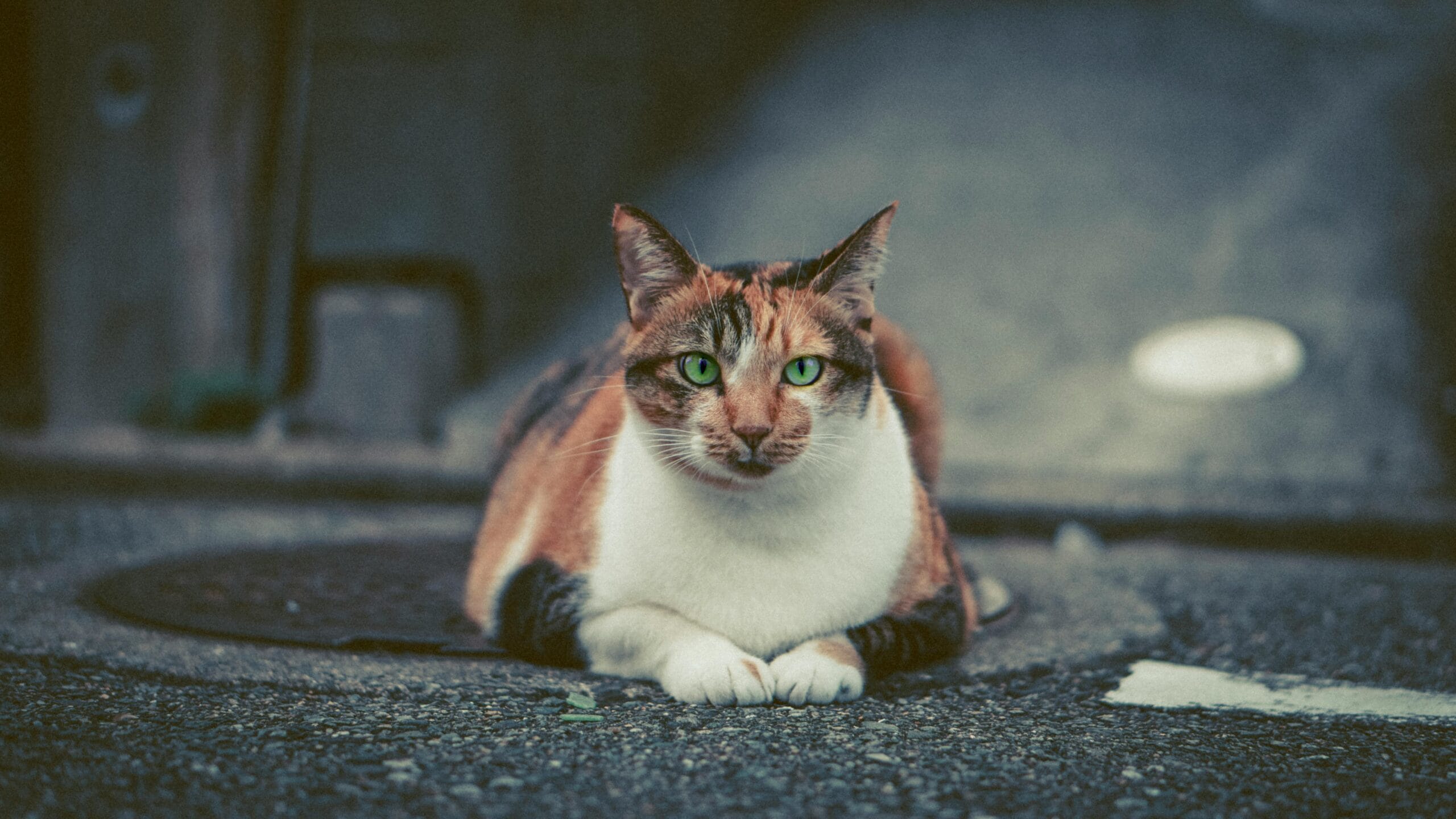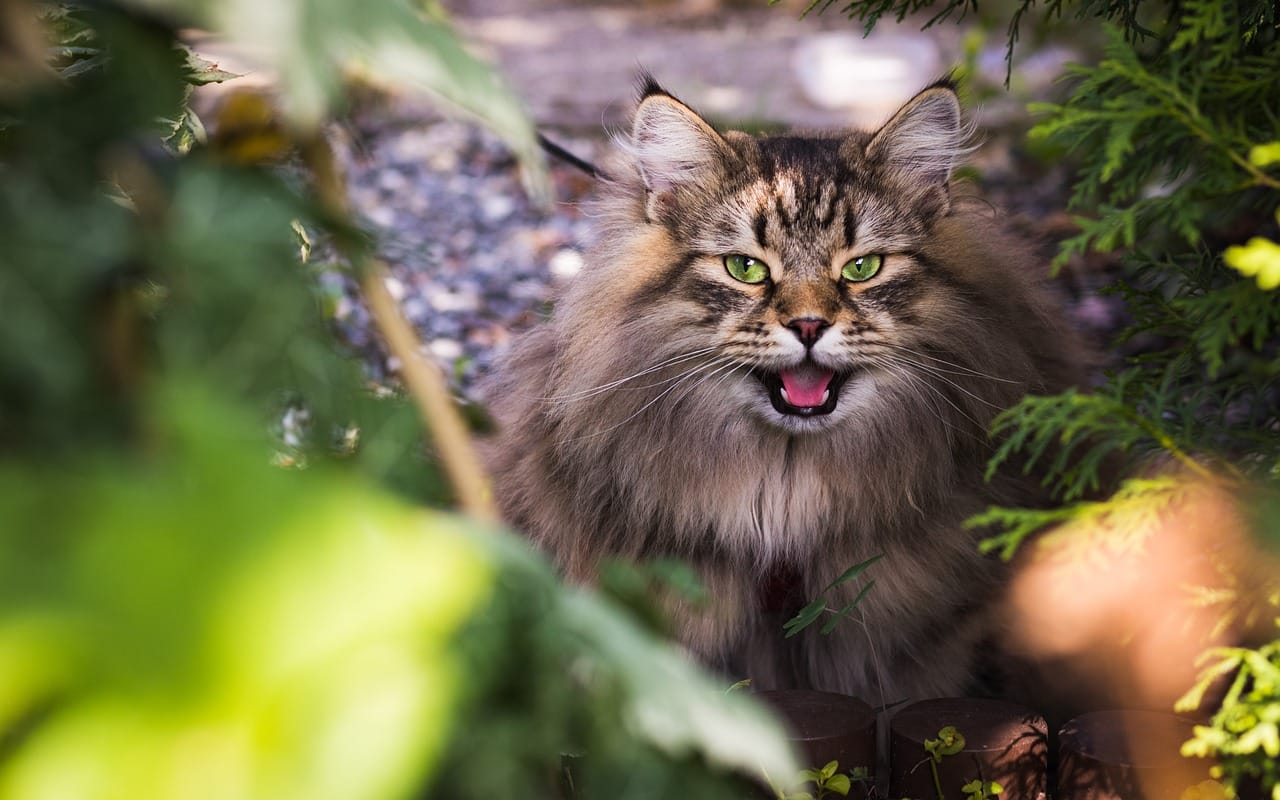Worried about your kitten’s protruding anus? Learn why your kitten’s anus is protruding, understand kitten protruding anus & cat rectal prolapse. Get expert advice & solutions now!
Why Is My Kitten’s Anus Protruding? A Comprehensive Guide
Discovering your kitten’s anus protruding is understandably alarming. This condition, often referred to as kitten protruding anus or cat rectal prolapse, requires immediate attention. This detailed guide will explore the various reasons behind this distressing issue, providing you with the knowledge to understand and address it effectively. While this article provides information, it’s crucial to remember that a veterinary visit is paramount for diagnosis and treatment.
Understanding Cat Rectal Prolapse: What Does it Mean?
A cat rectal prolapse occurs when the rectum, the final part of the large intestine, pushes out through the anus. This can appear as a reddish-pink, moist tissue protruding from the anus. The severity can vary; sometimes it’s just a slight bulge, other times it’s significantly more pronounced. The sight of a kitten protruding anus is often frightening for owners, but understanding the potential causes is the first step toward resolving the problem.
Common Causes of Kitten Protruding Anus
Several factors can contribute to a kitten protruding anus. Let’s delve into some of the most common:
Straining During Defecation
Constipation is a frequent culprit. Kittens struggling to pass hard stool may strain excessively, forcing the rectum outward. This can be caused by dehydration, a diet lacking fiber, or underlying health issues. Ensuring your kitten has access to fresh water and a balanced diet rich in fiber is crucial to prevent this.
Diarrhea
Conversely, persistent diarrhea can also lead to rectal prolapse. The constant straining associated with frequent, loose bowel movements can put pressure on the rectum, causing it to protrude. If your kitten is experiencing diarrhea, you should consult your veterinarian immediately, especially if it’s accompanied by a protruding anus. You might also want to check if your cat is having any issues related to their behavior, like pooping outside the litter box, as it might indicate an underlying health problem.
Infections and Parasites
Internal parasites like worms can cause significant irritation and inflammation in the intestinal tract, leading to straining and potentially a protruding anus in kittens. Regular deworming, as recommended by your veterinarian, is vital, especially for kittens. This also applies to other health issues your kitten might be facing. For example, if you suspect an ear mite infection, you should look into ways to cure ear mites in kittens to prevent further complications.
Genetic Predisposition
While less common, some breeds of cats may have a genetic predisposition to rectal prolapse. This means they are more likely to experience this issue than other breeds. If you are concerned about the possibility of a genetic factor, your veterinarian can provide further information.
Trauma and Injury
Physical trauma or injury to the anal area could also cause rectal prolapse. This could result from an accident or even an injury from rough play. If you suspect your kitten has suffered trauma, immediately seek veterinary care.
Other Underlying Conditions
Several other underlying medical conditions can contribute to cat rectal prolapse. These can include inflammatory bowel disease, megacolon, and other intestinal disorders. Your vet will perform a thorough examination to rule out these possibilities.
What to Do If You See Your Kitten’s Anus Protruding
If you notice your kitten’s anus protruding, stay calm and follow these steps:
- Do not attempt to push the prolapsed rectum back in yourself. This could cause further damage and increase the risk of infection.
- Keep the area clean and moist. Gently wipe the exposed tissue with a clean, damp cloth. Do not use harsh soaps or chemicals.
- Cover the exposed tissue with a clean, damp cloth or sterile gauze to prevent it from drying out.
- Transport your kitten to a veterinarian immediately. This is critical to prevent complications and ensure prompt treatment.
Delaying veterinary care can lead to serious problems, including infection, tissue damage, and even death.
Veterinary Diagnosis and Treatment of Cat Rectal Prolapse
Your veterinarian will perform a thorough physical examination to determine the underlying cause of the prolapse. This may involve fecal testing to check for parasites, blood tests to assess overall health, and potentially imaging studies like X-rays or ultrasound. Treatment will depend on the underlying cause and the severity of the prolapse.
Possible treatments include:
- Manual reduction: In some cases, the veterinarian can gently push the prolapsed rectum back into place. This is usually only done if the prolapse is recent and not severely damaged.
- Surgery: If manual reduction is not possible or if the prolapse is severe or recurrent, surgery may be necessary to repair the damage and prevent future occurrences.
- Medication: Treatment may include medication to address any underlying conditions, such as anti-parasitics, antibiotics, or laxatives.
- Dietary changes: Adjustments to your kitten’s diet may be recommended to address constipation or diarrhea.
Preventing Cat Rectal Prolapse
Preventing a kitten protruding anus is always preferable to treatment. Here are some preventative measures:
- Provide a balanced diet: Feed your kitten a high-quality diet that provides adequate fiber and hydration.
- Ensure access to fresh water: Dehydration can contribute to constipation.
- Regular deworming: Follow your veterinarian’s recommendations for parasite prevention.
- Regular veterinary check-ups: Early detection of underlying health problems can prevent complications.
Additional Resources and Information
For further information on kitten care, you might find these resources helpful: Understanding when you can spay or neuter your kitten (When can kittens be fixed?), or dealing with the stressful situation of a cat eating her kittens (Do cats eat their kittens?). Also, it’s important to know when and how you should handle newborn kittens (Can you touch newborn kittens?).
For more detailed information on feline digestive health, you can consult reputable veterinary resources such as the American Veterinary Medical Association (AVMA): https://www.avma.org/ and the Cornell University College of Veterinary Medicine: https://www.vet.cornell.edu/
Conclusion
Seeing your kitten’s anus protruding is alarming, but prompt veterinary care is crucial for a positive outcome. Understanding the potential causes and taking preventative measures can significantly reduce the risk of cat rectal prolapse. Remember, early intervention is key to ensuring your kitten’s health and well-being. If you’ve experienced a similar situation with your kitten, please share your story in the comments below! Let’s support each other and learn from our shared experiences with Why Is My Kittens Anus Protruding, kitten protruding anus, and cat rectal prolapse.

Frequently Asked Questions: Kitten’s Protruding Anus
- Q: Why is my kitten’s anus protruding?
A: A protruding anus in a kitten, also known as a cat rectal prolapse, can be caused by straining during bowel movements (constipation, diarrhea), trauma, or underlying medical conditions. It’s a serious issue requiring immediate veterinary attention. - Q: What are the symptoms of a kitten rectal prolapse besides a protruding anus?
A: Besides a visible kitten protruding anus, you might see straining, lethargy, bloody stool, or licking/biting at the area. The prolapsed tissue may appear red and swollen. - Q: Is a protruding anus in a kitten an emergency?
A: Yes! A kitten protruding anus is a veterinary emergency. The exposed tissue is vulnerable to injury and infection. Seek immediate care. - Q: What causes a cat rectal prolapse in kittens?
A: Causes include persistent diarrhea or constipation leading to straining, parasites (worms), injuries to the rectum, and underlying diseases affecting bowel function. Sometimes the exact cause isn’t identifiable. - Q: How do vets treat a kitten rectal prolapse (Why Is My Kittens Anus Protruding)?
A: Treatment depends on the cause and severity. The vet may manually reduce the prolapse, prescribe medication (e.g., laxatives, anti-parasitics), or perform surgery in severe cases. Why Is My Kittens Anus Protruding often requires immediate professional intervention. - Q: Can I put my kitten’s protruding anus back in myself?
A: No! Do not attempt to manually replace the prolapsed tissue yourself. This can cause further damage and infection. Immediate veterinary care is crucial. - Q: How can I prevent a cat rectal prolapse in my kitten?
A: Regular deworming, a balanced diet, and prompt treatment of diarrhea or constipation can help minimize the risk. Gentle handling is also important to avoid rectal trauma. - Q: What are the long-term effects of a cat rectal prolapse?
A: If left untreated, a kitten protruding anus can lead to infection, necrosis (tissue death), and chronic bowel problems. Prompt veterinary intervention is essential for a positive outcome. - Q: My kitten has a slightly protruding anus, but it seems okay. Should I still go to the vet?
A: Yes, even a slightly protruding anus warrants veterinary attention. It’s better to be safe than sorry, as early intervention improves the chances of a successful outcome. Don’t delay seeking professional help for Why Is My Kittens Anus Protruding. - Q: How much does treating a kitten rectal prolapse cost?
A: The cost varies depending on the severity, required treatment (medication vs. surgery), and your veterinary clinic. Contact your vet for an estimate. The cost of treatment is far less important than your kitten’s health and well-being when considering Why Is My Kittens Anus Protruding.

Why Is My Kitten’s Anus Protruding?
A protruding anus in a kitten is a serious issue requiring immediate veterinary attention. It’s not something to ignore or attempt to treat at home. Several factors can cause this, ranging from simple irritation to more serious medical conditions. Never try to push the anus back in yourself; you could cause further injury.
Possible causes include straining during bowel movements (perhaps due to constipation or diarrhea), infections, parasites, or even underlying anatomical abnormalities. If your kitten is also exhibiting other symptoms like lethargy, vomiting, or changes in appetite, it’s crucial to seek veterinary care as soon as possible. Ignoring these issues can lead to serious complications. Regular vet checkups are important, particularly for young kittens, to catch problems early on. Proper nutrition plays a vital role in your kitten’s health; ensure your kitten is eating a balanced diet suited for their age. If your kitten’s mother is eating her kittens, then read this article to learn more about why cats eat their kittens: Do Cats Eat Their Kittens?
If your kitten is struggling to eliminate waste, it could be a sign of various problems. While constipation is a possibility, there could be underlying digestive issues at play. Make sure your kitten has access to fresh, clean water at all times. Dehydration can worsen constipation. Observe your kitten’s litter box habits. If there are issues with litter box usage, you may want to read this article: Why Is My Cat Pooping Outside the Litter Box?. Also, proper hygiene is important. If you are unsure if its safe to touch a newborn kittens, click here: Can You Touch Newborn Kittens?
Infections and parasites are other potential causes. These can often lead to discomfort and straining, resulting in the protrusion. A vet can properly diagnose and treat any infections or parasites your kitten may have. In some cases, the issue may relate to the kitten’s overall health and development. It is also important to avoid any premature spaying or neutering. Learn more by reading this article: When Can Kittens Be Fixed?
Remember, a protruding anus in a kitten is a veterinary emergency. Don’t delay seeking professional help. Early intervention is key to ensuring your kitten’s comfort and well-being. A prompt veterinary visit can help determine the underlying cause and provide appropriate treatment. Even if it seems like a minor issue, it is crucial to address it immediately. It’s also crucial to regularly check your kitten for parasites and infections such as ear mites. If you suspect your kitten has ear mites, you might find this article helpful: How To Cure Ear Mites In Kittens?
Why Is My Kittens Anus Protruding, kitten protruding anus, cat rectal prolapse